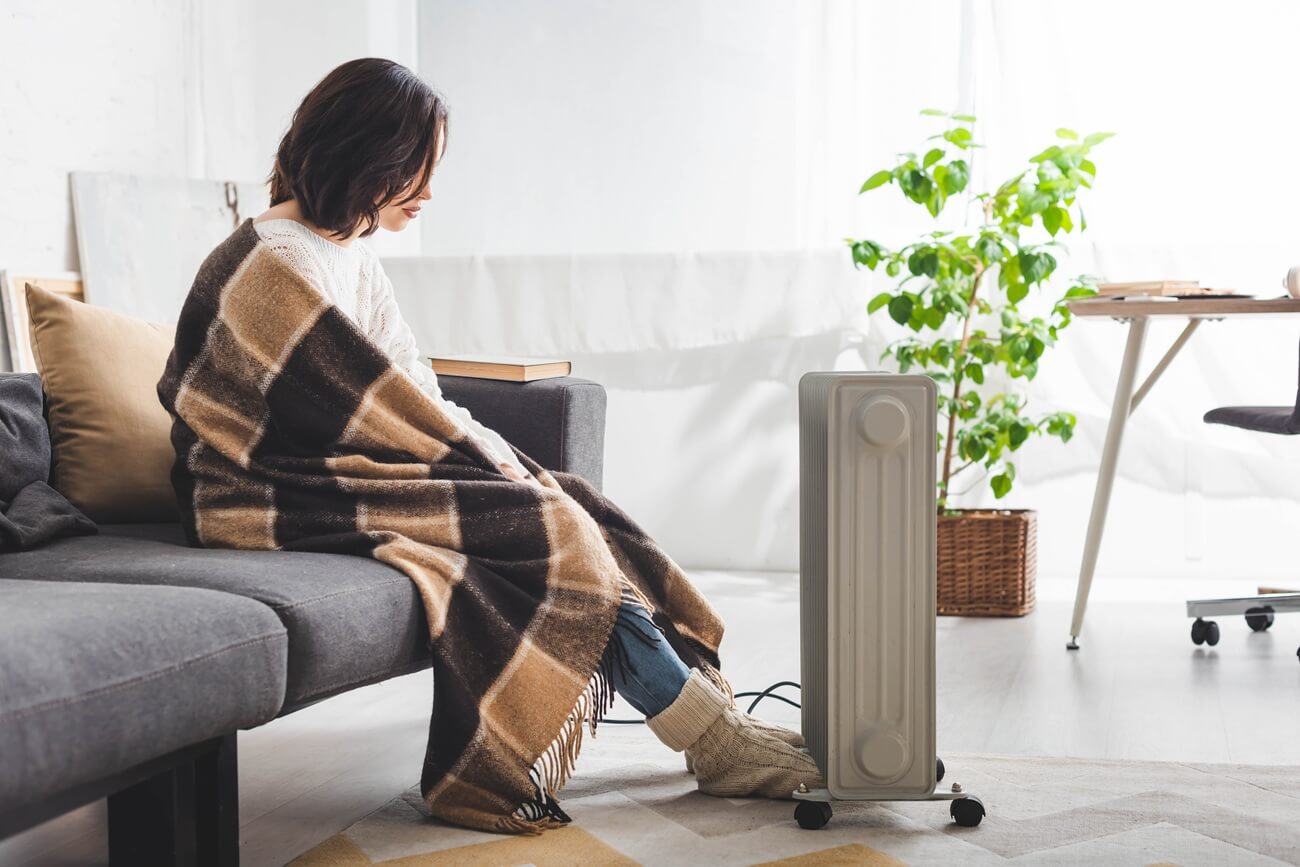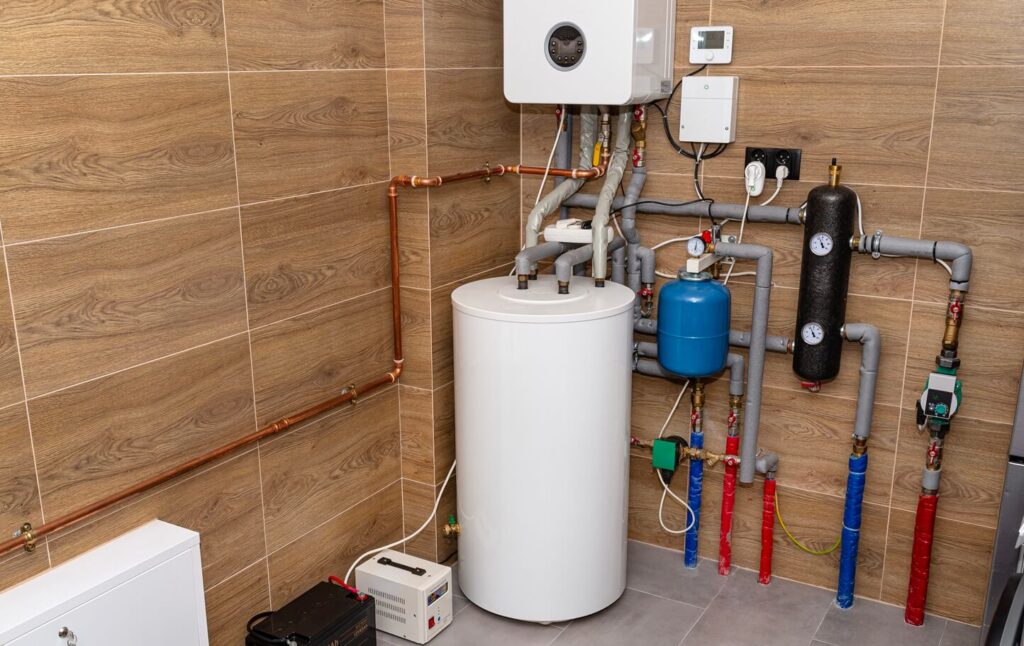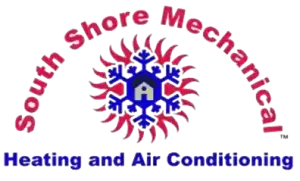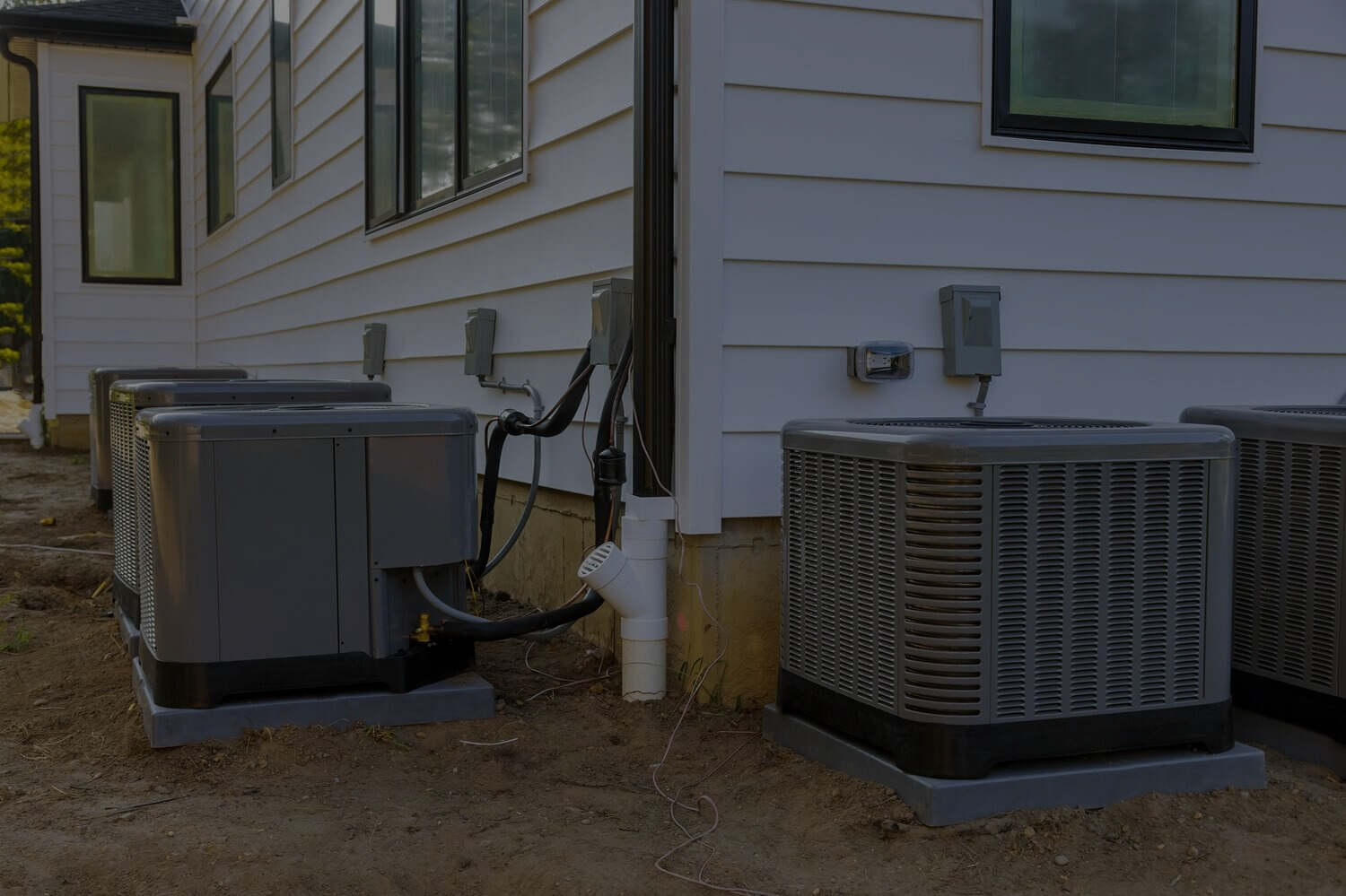
-
South Shore Mechanical
-
Heating
-
0 Comments
-
December 9, 2024
Comparing HVAC Systems: Which is More Reliable in Extreme Winter Conditions
Understanding HVAC Systems in Winter and Their Performance
When temperatures dip below freezing and winter storms strike, the last thing you want is for your heating to fail. Who wants to be freezing in a house that’s supposed to keep your comfortable, right?
But with so many options, which heating systems truly withstand the harshest conditions in winter?
Whether you’re preparing your home for the season or considering an upgrade that’s worth the splurge, knowing how different HVAC systems in winter perform is crucial.
Let’s explore how various systems stack up and what you can do to keep them running efficiently.
Types of HVAC Systems for Winter Heating

Before diving into reliability, it’s essential to understand the main types of heating systems in winters, so you can choose which one works best for you and your family.
Furnaces
Furnaces are among the most common home systems powered by gas, oil, or electricity.
They work by heating air and distributing it throughout the home via ducts. Modern gas furnaces are highly efficient and can maintain consistent warmth, even during severe weather.
Heat Pumps
Heat pumps are versatile as they provide both heating and cooling.
However, traditional air-source heat pumps can struggle when temperatures drop below freezing. To counter this, many homeowners opt for dual-fuel systems that pair a heat pump with a furnace for backup heating.
Boilers
Boilers use water to generate heat, distributing it through radiators or radiant floor systems.
They are known for providing even, comfortable warmth and can perform well in extreme cold. Just make sure that your boilers are properly maintained.
HVAC Systems in Winter: Reliability Factors
Performance in Extreme Cold
Furnaces, especially gas models, typically excel in extreme winter conditions due to their powerful heating capabilities.
HVAC systems in winter, like boilers, are also highly reliable because water-based heating effectively holds and distributes warmth.
The downside? Heat pumps may need a supplemental system to ensure steady heat when temperatures hit single digits or below.
Energy Efficiency
While furnaces and boilers are reliable, they can be more energy-intensive than heat pumps.
Modern heat pumps, particularly those with inverter technology, gives you impressive efficiency down to certain temperature thresholds.
Pairing them with auxiliary systems can balance energy use and comfort.
The Most Common HVAC Problems in Winter
No system is without its challenges. Here are some common HVAC problems to watch for:
Frozen Pipes
For homes with boiler systems, freezing temperatures can lead to frozen pipes, disrupting your home’s overall heating capacity and causing costly damage that will set you back even more on maintenance. Insulating pipes and keeping the home warm enough can mitigate this risk.
Ignition Issues
Furnaces may experience ignition problems, preventing the system from producing heat. Regular HVAC maintenance can help identify and fix issues with the pilot light or electronic ignition system before they become significant problems.
Heat Pump Efficiency Drops
Heat pumps, especially standard air-source models, can lose efficiency as temperatures fall. When outdoor coils freeze up or struggle to pull heat from the air, the system may need to switch to a backup heating source or require defrosting cycles.
HVAC Winter Maintenance Tips for Reliability
Maintaining your heating systems in winters is critical to preventing breakdowns when you need them most. Here’s how to keep your system running smoothly:
Schedule Regular Inspections
Professional HVAC winter maintenance should be done before the cold sets in. A thorough inspection by a licensed HVAC technician can spot worn-out parts, check for ignition issues, and ensure your system is ready to handle extreme weather. This also lets you skip the costly maintenance issues with a worn-out HVAC system, saving you thousands of dollars in the long run.
Clean or Replace Filters
Dirty filters can restrict airflow, making your furnace or heat pump work harder than necessary. To maintain your HVAC system efficiency, replace filters every 1-3 months during winter.
Insulate Your Home
A well-insulated home helps any HVAC system perform better. It reduces strain on your system by keeping warm and cold air inside, ensuring your home stays consistently warm.
Check Outdoor Units
If you have a heat pump, clear any ice, snow, or debris from the outdoor unit. This allows for proper airflow and helps the unit function efficiently, even during cold snaps.
Which HVAC System Is Best for Extreme Winter Conditions?
The Winner for Cold Climates: Furnaces and Boilers
When it comes to extreme cold, furnaces and boilers are often the most reliable. Gas furnaces provide powerful, consistent heat, while boilers offer even warmth that’s hard to beat in freezing temperatures. Their durability and heating capacity make them ideal for regions that experience harsh winters.
The Energy-Efficient Contender: Heat Pumps
Heat pumps are an excellent choice for moderate winter climates, especially when paired with a backup system. Modern heat pumps with cold-climate technology can handle colder temperatures better than older models, offering energy-efficient heating without sacrificing comfort. Choosing the right HVAC systems in winter can make all the difference when extreme weather hits.
While furnaces and boilers are the most reliable for the coldest climates, heat pumps are becoming more capable, particularly when combined with backup heating options. Regular HVAC winter maintenance is essential no matter which system you choose. It helps prevent common HVAC problems and ensures reliable performance throughout the season.
Need help determining which system is right for you or scheduling maintenance? Contact South Shore Mechanical experts today for comprehensive guidance and support to keep your home warm and safe all winter. Email us at southshoremechanical@icloud.com or give us a call at 508-631-9609 to book an appointment.

